Alexandre Tharaud - Rameau: Nouvelles suites (2007)
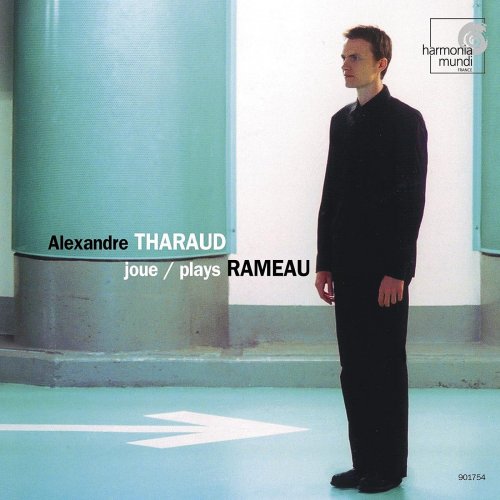
Artist: Alexandre Tharaud
Title: Rameau: Nouvelles suites
Year Of Release: 2007
Label: Harmonia Mundi
Genre: Classical
Quality: FLAC (tracks)
Total Time: 58:27
Total Size: 196 Mb
WebSite: Album Preview
Tracklist: Title: Rameau: Nouvelles suites
Year Of Release: 2007
Label: Harmonia Mundi
Genre: Classical
Quality: FLAC (tracks)
Total Time: 58:27
Total Size: 196 Mb
WebSite: Album Preview
Suite En La / In A Minor
1. Allemande 6:00
2. Courante 4:43
3. Sarabande 3:07
4. Les Trois Mains 4:10
5. Fanfarinette 2:46
6. La Triomphante 1:32
7. Gavotte 1:12
8. Double 1 0:52
9. Double 2 0:51
10. Double 3 0:55
11. Double 4 0:50
12. Double 5 0:49
13. Double 6 0:54
Suite En Sol / In G Minor
14. Les Tricotets. Rondeau 1:40
15. L'Indifférente 1:41
16. Menuet - Deuxième Menuet 2:55
17. La Poule 5:47
18. Les Triolets 3:28
19. Les Sauvages 1:45
20. L'Enharmonique 6:32
21. L'Égiptienne 2:42
22. Hommage a Rameau 6:39
Performers:
Alexandre Tharaud, piano
Rameau was no stranger to the art of transcription‚ as two of the pieces in these suites testify notably ‘Les sauvages’ from the Suite in G‚ which he refashioned into a show¬stopping number in Les Indes galantes. But to put his harpsichord music successfully onto the piano? If you thought it defied such an exercise you would be right‚ in the main‚ and no one could claim that what you get here is more than an interesting second¬best. For while the piano is good at suggesting worlds beyond itself‚ its capacity for cantabile and for shadings of colour is all too likely to appear superfluous to requirements in Rameau and to blur the characteristics of the writing‚ if applied‚ which have more to do with the handling of mass and point than a flux of light and shade. And what piano could conjure up the eloquence and distinctiveness of a fine 18th¬century French harpsichord? If you were a young French pianist‚ however‚ and crazy about Rameau as Alexandre Tharaud is‚ that might not be the end of the story. Marcelle Meyer’s old recordings would inspire you – ‘one of the great ladies of the piano’‚ as he describes her – and he acknowledges also the examples of William Christie‚ Christophe Rousset and the best harpsichordists of his own time in leading him to the belief that it is essential for a cultivated pianist today to immerse himself in Baroque music‚ and not only in Bach and Scarlatti. Try him. On the whole‚ the character pieces such as ‘La poule’‚ ‘Les tricotets’ and ‘L’enharmonique’ come off best‚ but some of the virtuoso numbers are also successful – ‘Les trois mains’ and the ‘Gavotte et doubles’‚ for example‚ from the Suite in A. He is a fiery as well as a sensitive and stylish player‚ and he plays from inside the music and always from the heart. He takes risks and I like him for being consistent in going for Rameau the poet and the free spirit as well as the intellectual aristocrat. For that‚ I follow him‚ even when the task of executing ornaments in a fast¬moving line makes me think his cause is lost (it is not an option‚ I agree‚ to leave most of the ornaments out). He is pacy as well as imaginative and he makes you aware that there is as much intensity in Rameau as there is in Ravel. The piano‚ as recorded – not a full¬size Steinway? – sounds buzzy and thin at times‚ which did not bother me‚ but its comparative shallowness is certainly a disadvantage in the Debussy. I gather Tharaud is also a man for Chabrier and I hope one day to meet him in that.

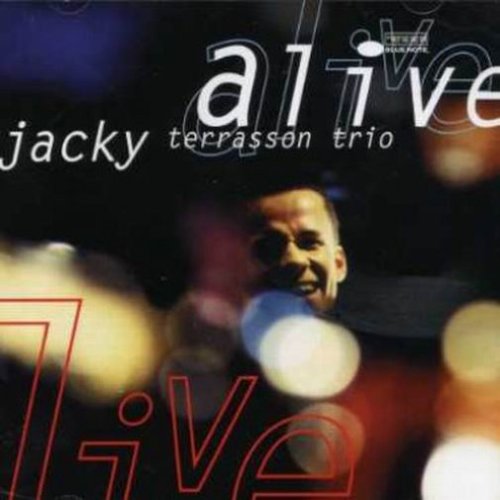

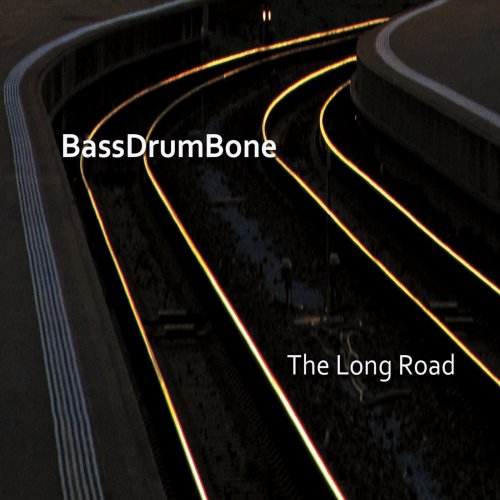

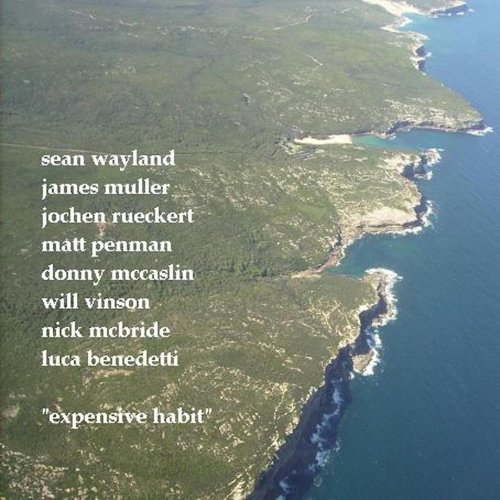
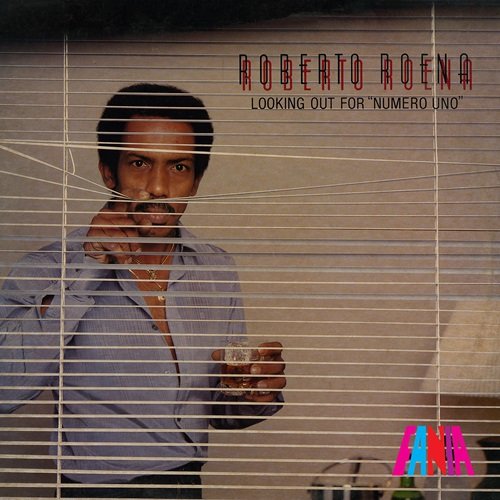
![Steinar Raknes Quartet - Live in Tokyo (2013) [Hi-Res] Steinar Raknes Quartet - Live in Tokyo (2013) [Hi-Res]](https://www.dibpic.com/uploads/posts/2025-12/1766420385_steinar-raknes-quartet-live-in-tokyo-2013.jpg)
![The Ray Conniff Singers - Christmas With Conniff (1959) [Hi-Res] The Ray Conniff Singers - Christmas With Conniff (1959) [Hi-Res]](https://img.israbox.com/img/2025-12/22/w61i7ykfwmkn3wgh8p5soibu1.jpg)